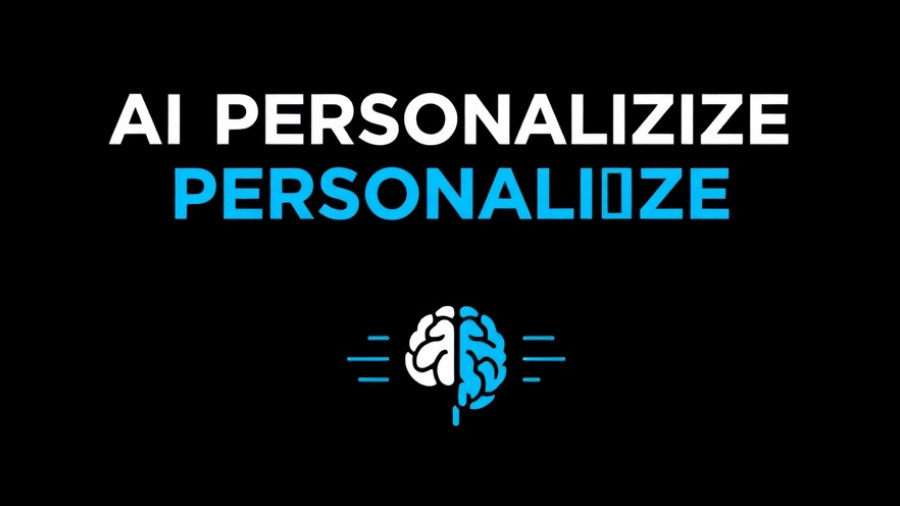
Is Society Ready for More Personalized AI Experiences?
OpenAI's ChatGPT is making waves with its upcoming personalizations that promise to change user interactions dramatically. Following comments by CEO Sam Altman, the chatbot will soon offer customization options, enabling users to shape its personality to align more closely with individual preferences. This shift towards a friendlier, more engaging AI experience has raised concerns about privacy, safety, and the future of human-AI relationships.
The Evolution of AI Personalization
As AI technology advances, its ability to connect more personally with users becomes increasingly sophisticated. Altman acknowledged that previous restrictions within ChatGPT were primarily aimed at protecting vulnerable users but admitted that they limited enjoyment for others. With a recent commitment to relax these constraints, OpenAI intends to enhance interactions that feel more human-like, marking a significant evolution in AI personalization.
Balancing Freedom with Responsibility
The move to allow greater freedom in AI interactions raises an important question: how do we balance personal expression with ethical considerations? Altman has expressed that while adult users should be treated as such, the challenge lies in enforcing safe practices without crossing into intrusive regulatory territory. Some experts, such as Paul Roetzer of Marketing AI Institute, highlight the duality of this approach—pushing boundaries while still safeguarding user well-being.
Implications of a More Expressive AI
The implications of a customizable AI extend beyond mere entertainment. As the landscape shifts towards more adult-oriented content, including the controversial allowance of erotica for verified users, societal reactions will vary widely. This development might appeal to some, yet could become a source of ethical dilemmas regarding the influence of AI on human behavior and relationships.
Technological boundaries and the Unpredictability of AI
Despite advancements, experts note the inherent unpredictability of AI systems like ChatGPT. Roetzer warns that even with improved safety measures, chatbots still operate in less deterministic ways than traditional software. Users could influence interactions with prompts designed to elicit unexpected responses, raising concerns about misuse.
Personalization in Broader Contexts
The challenges faced by platforms like ChatGPT are reflective of larger trends in technology. For instance, AI-driven personalization in event marketing has expanded attendee experiences with tailored networking options and customized agendas. However, professionals in fields reliant on AI must cautiously navigate ethical boundaries as they pursue deeper connections with audiences.
As AI technology evolves, users and developers alike find themselves at a crossroads of ethical accountability and creative expression. The future of AI could mean not only enhanced interactivity but also a society that must grapple with the consequences of increasingly personalized digital environments.
As we venture into uncharted territories of AI interaction, understanding these dynamics can empower better decision-making. Striking a balance between innovative personalization and ethical considerations is essential in this evolving landscape. The questions we face about AI today will shape its future influence on society tomorrow.
 Add Row
Add Row  Add
Add 




Write A Comment